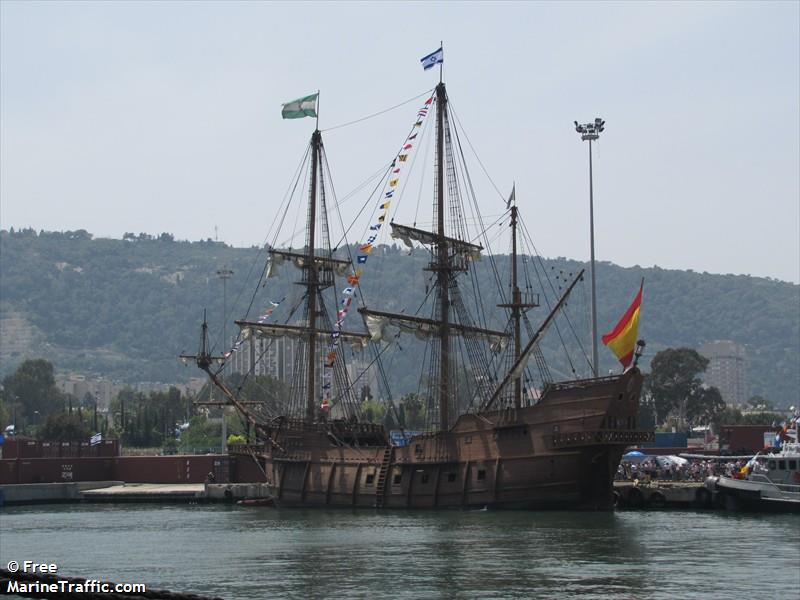Remind me that this isn't a food blog, because I'm about to go off on a serious tangent raving about tortilla soup; and salad featuring tropical delicacies such as hearts-of-palm, chayote, and avocado; and salmon crusted with blue corn chip crumbs. But almost as much fun as dinner and conversation was walking down to the dock at the evening's end, climbing into the dinghy and motoring back to where our boat was floating gently at anchor. Not because we were anxious to leave, but because by dinghy instead of by car was the way it would be when we were cruising.
The rest of the week was windy, rainy, and chilly. Not very inviting weather for exploring the Chesapeake, but perfect for snuggling down with a cup of coffee and a good book. We talked - a lot - and explored the river and weathered the storm and learned that our anchor did just fine in the wind until the day after the storm when it was upset by a powerboat with a wakeboarder who went back and forth, passing and waking us about 5 times. As Dan pointed out, if the week had been warm and sunny, we wouldn't have learned anything.
I got a wonderful encouraging email from my sister-in-law Karen explaining the stages she went through when she retired. She said if my transition went like hers, the first couple of weeks would be like vacation, and by the third week "the melancholy surfaces of missing the enjoyable co-workers and the enjoyable parts of working. [T]hat starts lifting by the fourth [week] with setting future plans and settling into new routines..." and so on. I think that retired people are happy just because they get to sleep as late as they want. On Day 4 of our little retreat, I spent about an hour on the phone with friend Cathy. She said she I sounded totally different, like I was sixteen, excited and happy, warm and relaxed. (Okay, what does that say about how tightly wound I'd been before? I hadn't thought I was carrying that much stress.) Whatever the "before" version of me was, one incident a few hours after the phone call proved she was right about just how relaxed I was now. Our solar panels are positioned on a supporting arch across the cockpit with a gap between them just wide enough for the helmsman to look up at the trim of the mainsail. I was steering and looked up between the panels just in time to get dumped with very cold water full in the face. Gack! I was suddenly aware that this was one cartoonish moment, and instead of being irritated I burst out laughing. The best thing I've discovered about retirement so far is that we didn't have to start every day by saying goodbye to each other as we went our separate ways to work. Considering that we're planning to spend the next 8 months together on a 33-foot boat, the fact that we didn't drive each other crazy cooped up in what was effectively a 9x12 room together for 5 days bodes well for our trip.































